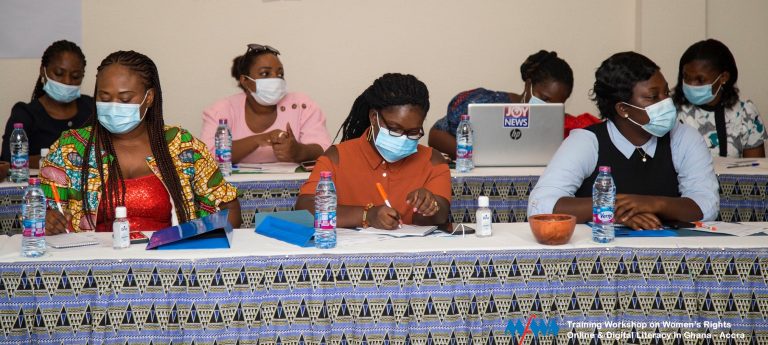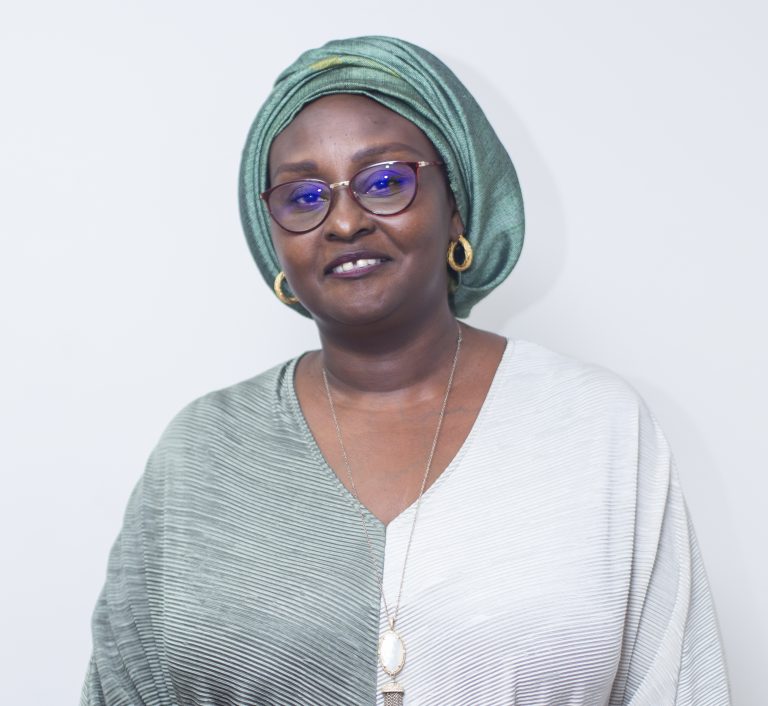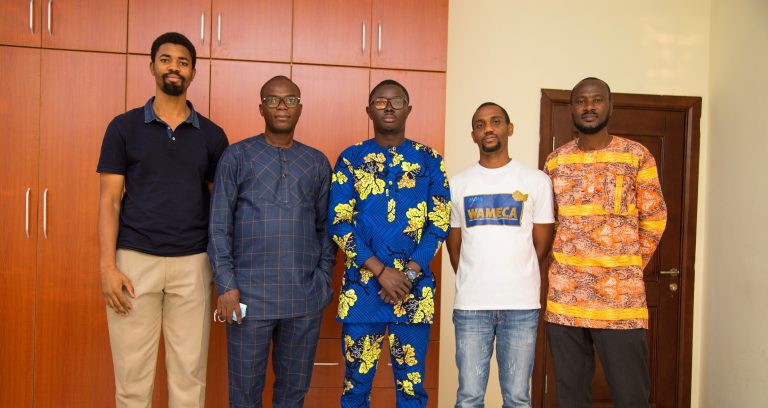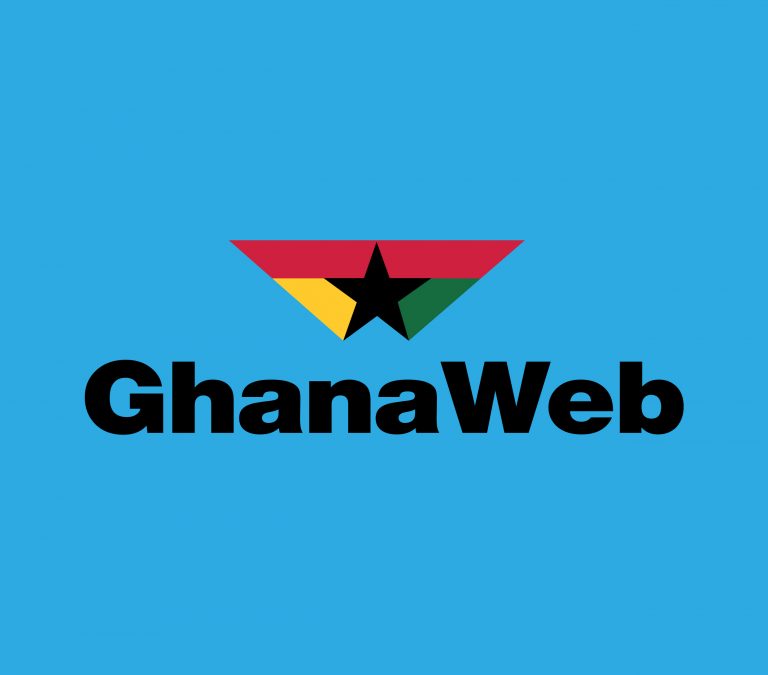In what may be the first Court case since the coming into force of Ghana’s Right to Information (RTI) Law, the Media Foundation for West Africa (MFWA) has filed a suit at an Accra High Court against Ghana’s media frequency regulator, National Communications Authority (NCA).
On July 22, 2020, the MFWA, through its Executive Director, Sulemana Braimah, submitted an access to information request to the NCA, in exercise of rights guaranteed under Article 21(1)(f) of Ghana’s 1992 Constitution and under Ghana’s Right to Information Act, 2019 (Act 989).
The MFWA had requested from the NCA the full list of all FM radio stations (indicating name of company, name of radio station, location, and frequency number) that it had shut down following the Authority’s 2017 FM spectrum audit which, according to the NCA, was in line with the 2018 decision of the Electronic Communications Tribunal.
The MFWA had also requested for the full list of all authorised FM stations as of the second quarter of 2020, with indications of the dates of first authorisation, dates of last authorisation renewals, locations, and operational status of the radio stations – that is whether they are on air or off-air.
The MFWA further wanted to know reasons why the NCA made changes to exclude certain information from its published 2020 second-quarter report titled: “List of Authorised VHF-FM Radio Stations in Ghana as at Second Quarter 2020,” compared with other similar reports previously issued by the Authority.
After acknowledging the MFWA’s letter, the NCA did not provide the requested information within the statutory 14 days, prompting the former to send a follow-up letter on August 18, 2020.
Subsequently, the media regulator wrote two letters in reply. In the first letter, it indicated that the Authority was not going to provide explanations for the changes it had made to its report. In the second letter, the regulator asked the MFWA to pay GHC 2,000 (USD 345) to enable it generate the requested information. It said it based its action on its law, the Electronic Communications Act.
Convinced that the amount the NCA is demanding is prohibitive and liable to set a bad precedent, and a breach of the fundamental right to access information, the MFWA decided to file a suit, but this was after an appeal for a second look through its lawyers was ignored by the NCA.
The MFWA averred in the suit that the NCA had acted “unconscionably, unjustifiably, unreasonably, unfairly and arbitrarily and in breach of specific provisions of Act 989 complained about in the suit”.
Consequently, the MFWA is praying the Court for the following reliefs;
- A declaration that the decision and demand by Respondent contained in its letters dated 29th July 2020 and 20th August, 2020 complained about are unlawful, unreasonable, unfair, and in violation of Applicant’s constitutional and fundamental right to access information.
- A declaration that the amount of GHC 2,000 demanded by Respondent from the Applicant in order to generate the information constitutes constructive denial, refusal, failure or neglect, and breach of Applicant’s right to information under Article 21(1) (f) of the 1992 Constitution of Ghana
- A declaration that the amount demanded is not only unlawful but unconscionably exorbitant in breach of the letter and spirit of Act 989 and Applicant’s fundamental rights to information
- A declaration that the information requested by the Applicant is not subjected to a charge/fee; or in the alternative,
- A declaration that if Applicant were liable to a charge/fee, same ought to be an ascertainable amount to cover the actual cost of reproduction or photocopy of the information sought only.
The MFWA is also seeking an Order of the Court in enforcing its rights to information under Article 21(1) (f) of the Constitution by compelling Respondent to provide the information requested.
The case, which was filed on 27th November, 2020 was scheduled to be heard for the first time today (15th March, 2020) but adjourned to 31st March 2021 as the Human Rights Court 1 did not sit today.












